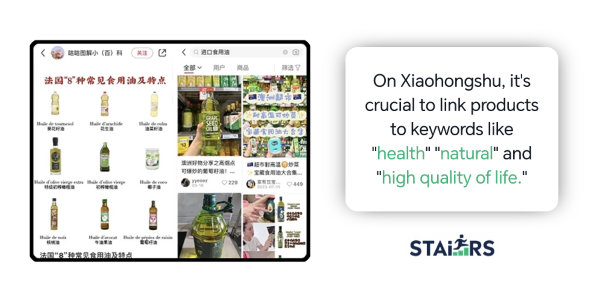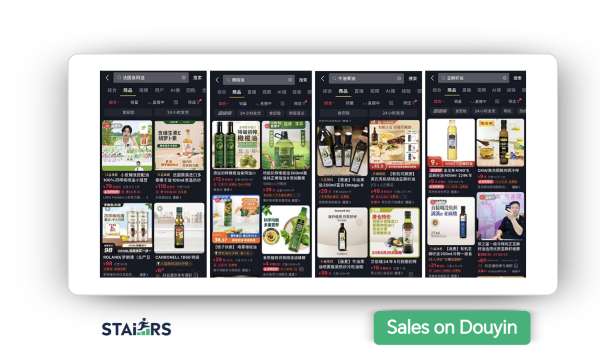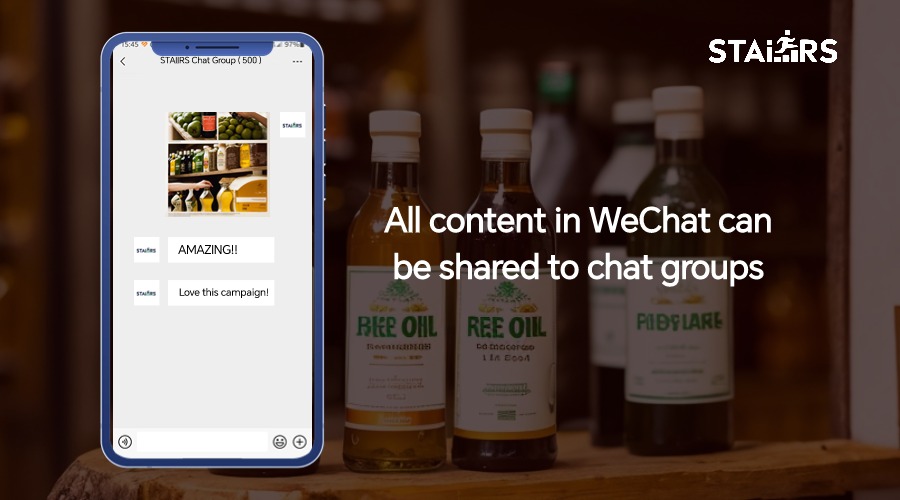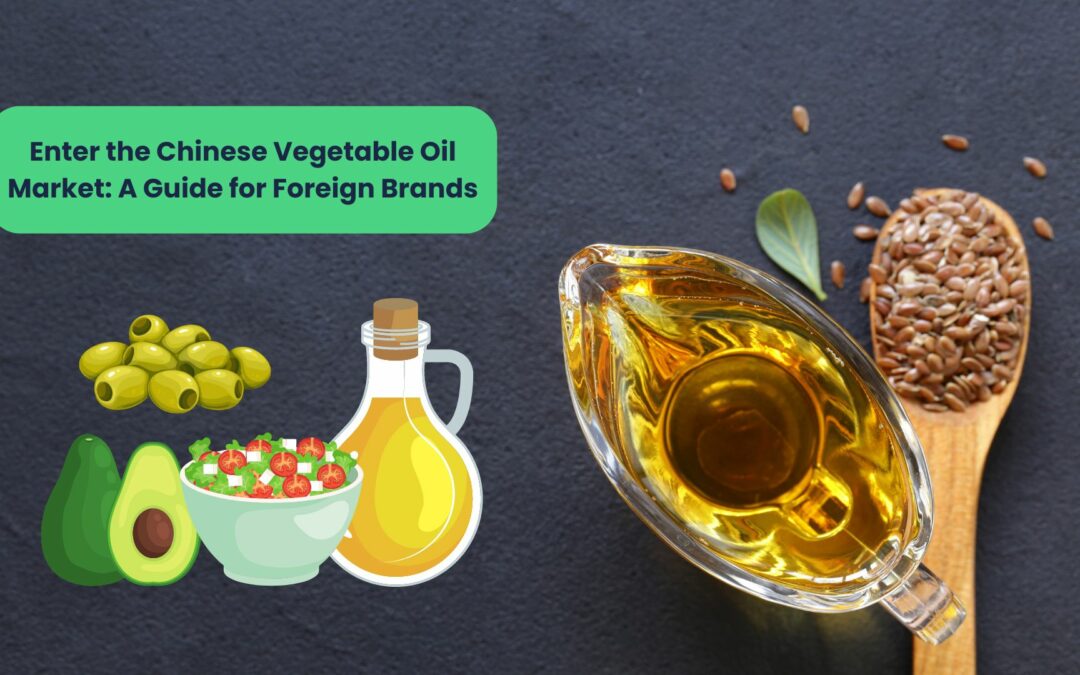As Chinese consumers gradually pay more attention to healthy diets, the sales of various types of vegetable oils in the Chinese Market have begun to grow rapidly, while imported brands have entered the Chinese market with fierce competition.
It is estimated that the annual consumption of edible oil in China is about 26 million tons, meanwhile, the global annual production of olive oil is only 2.6-3 million tons.
Although the share of olive oil in the Chinese market is only about 0.5%, it is expected that the market share will rise in the future steadily.
An Expansion Project in China? We Can Help You!
New Products Emerging
Avocado oil, highly valued for its nutritional benefits, has successfully entered the Chinese market. Currently, imported brands of avocado oil, primarily from Mexico, Peru, and Chile, dominate this sector.
According to a iResearch report, Peruvian avocado oil experienced the fastest growth among all imported oils in 2018, with a 342% increase compared to the previous year.
Imported flaxseed oil, renowned for its cardiovascular and immune health benefits, as well as its benefits for women’s health, is also gaining popularity in China, with products originating from countries such as Canada and Australia.
In addition to nutritional value, Chinese consumers’ choice of vegetable oils is also influenced by cooking methods. Oils capable of withstanding high temperatures, suitable for frying, wok cooking, or barbecue, are particularly favored.
Marketing Strategies for Vegetable Oil Brands Entering the Chinese Market
Brand awareness and reputation are crucial for selling edible oils in China. Brands can use various platforms to promote their products, such as Xiaohongshu, WeChat, and Douyin, which are not only important marketing channels but also influential e-commerce platforms.
Xiaohongshu
In 2023, Xiaohongshu reached 312 million monthly active users, a 20% growth from the previous year, making it the fastest-growing social media platform in China.

On Xiaohongshu, it’s crucial to link products to keywords like “health,” “natural,” and “high quality of life.” Brands should showcase the origin, production process, and nutritional value of their oils through appealing images and descriptions.
Douyin
Douyin, TikTok in China, is currently the most popular short video platform in China. Its main strength lies in the rise of videos and live streaming, which have enabled the platform to reach over 600 million daily active users, amidst content saturation of textual and visual content.

On the Douyin platform, the key to attracting potential users is to produce creative and entertaining content. Establishing a relationship and interaction with potential customers is also essential to success. Many culinary and lifestyle influencers on Douyin have a large fan base and strong influence. Brands can collaborate with them, invite them to try and promote their imported vegetable oils, which is currently an effective promotional route.
WeChat remains the most used communication app in China, with an 82% market share. Brands can leverage WeChat to disseminate educational articles and videos, use WeChat groups for direct interactions, and share content on WeChat Video Channel, a video-sharing platform competing with Douyin.
By creating an official account on WeChat, brands can strengthen their brand image in China and interact directly with their target audience. With the increasing use of WeChat Pay, which now reaches 40.7% in the Chinese market, brands can also offer convenient payment services to their customers.
WeChat Sections
WeChat, the most used communication app in China, offers a variety of dynamic and content-rich sections. Companies can focus on three key sections when conducting mass marketing campaigns:
1.WeChat Moments
In this section, users can share articles, images, videos, and even web links with their existing WeChat contacts. “Moments” is an essential acquisition marketing channel in the Chinese market. Many renowned companies encourage users to add their WeChat accounts and then broadcast various content such as their values, products, or marketing activities.
2. Sharing articles in WeChat groups
WeChat groups are similar to chat rooms, with a limit of 500 members per group. Group managers can invite customers to join and regularly post articles or links to create a highly active and interactive environment. This is an approach adopted by many Chinese companies.

3. Sharing videos on WeChat Channel
WeChat offers a platform for users to share video content, competing with TikTok. This feature is experiencing rapid user growth. Many international brands, across all sectors, are starting to establish themselves on this platform.
By establishing a presence on WeChat, brands can not only strengthen their brand image in China but also interact significantly with their target audience.
For any further questions about the Chinese vegetable oil market or for personalized advice on marketing strategies, feel free to contact our expert team at STAiiRS. We are here to provide detailed answers and solutions tailored to your business needs in China!


Recent Comments